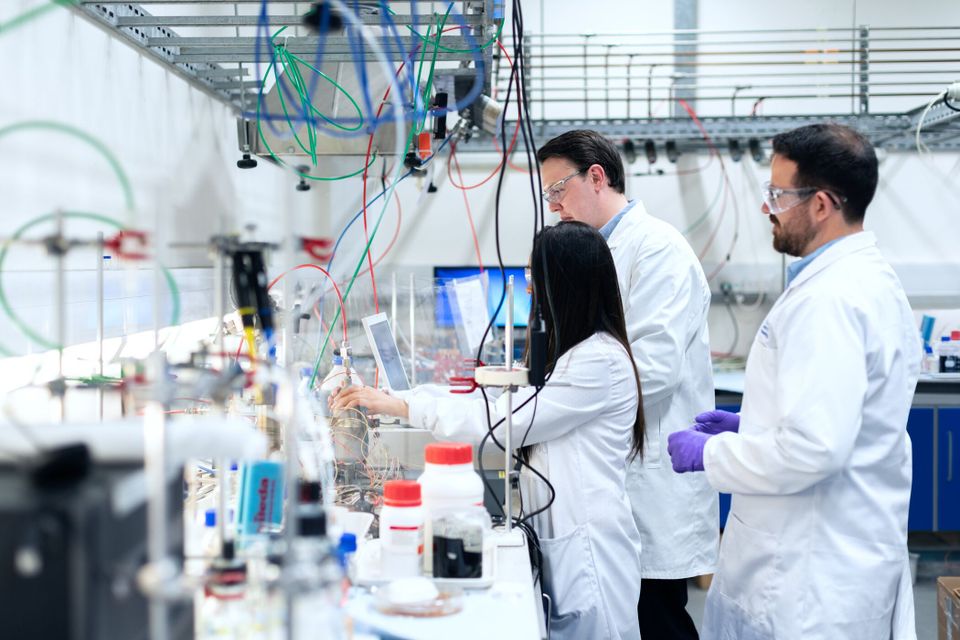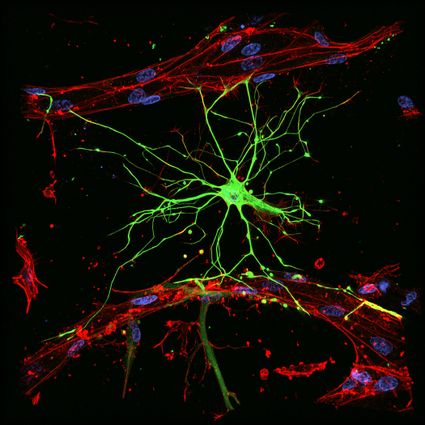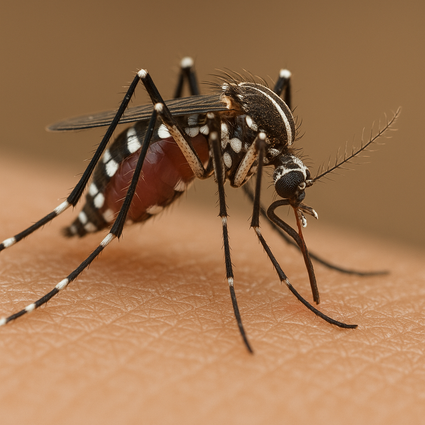A new dengue virus model has been developed in Leiden
Leiden University has developed an organ-on-a-chip model for dengue infection. This model simulates the effects of the infection, allowing researchers to gain a better understanding of the disease and potentially contributing to the development of new medicines. The model is particularly well-suited to studying this virus, as it is difficult to investigate dengue infection using animal testing. Dengue is becoming increasingly prevalent, as the mosquito that transmits the virus is able to survive in an ever-growing number of regions around the world. This is largely due to climate change and global warming.
Continuation
The research team is already working on the next step. In this phase, they are developing a model to demonstrate how the skin responds to the virus, as the dengue virus first comes into contact with the skin. Researcher Mashaghi explains that the skin reacts strongly to temperature and humidity and the effects of these factors on the immune system are already well established. Ultimately, the researchers aim to expose the model to various climatic conditions in order to study the impact of heat and moisture.



